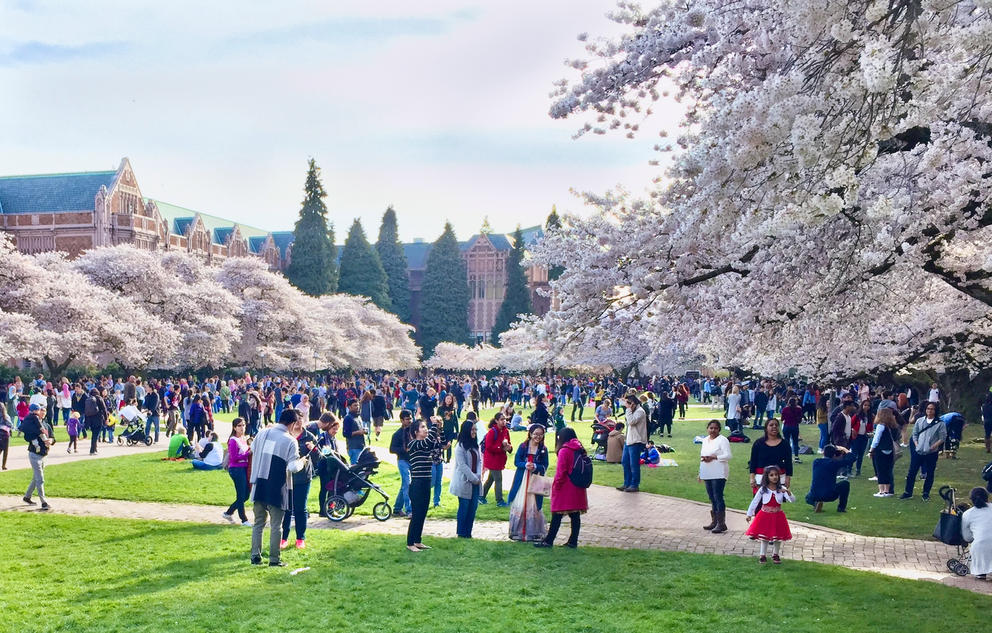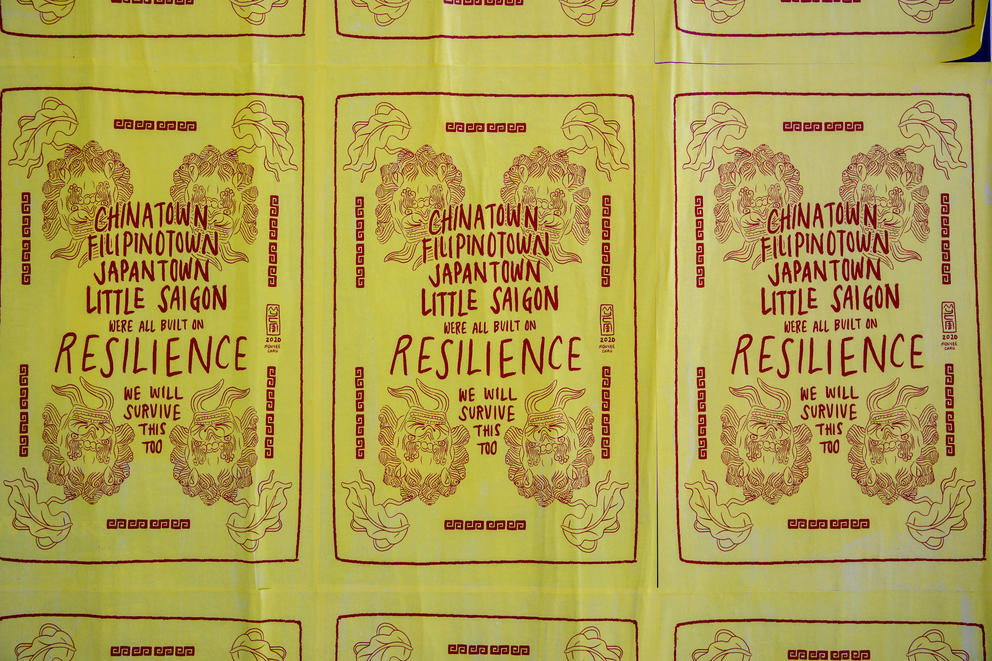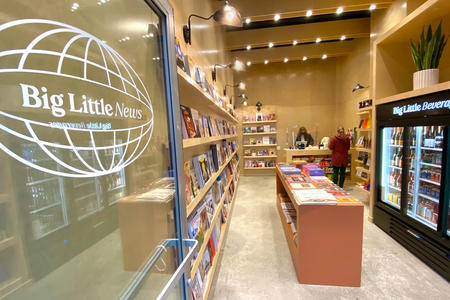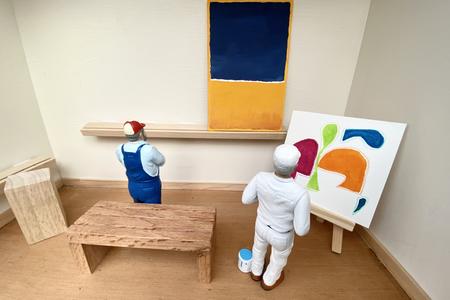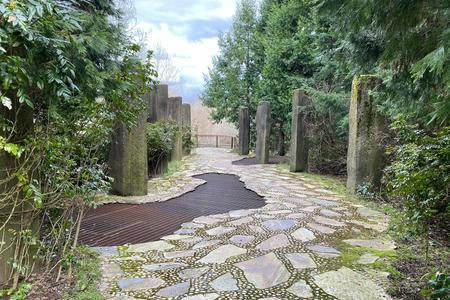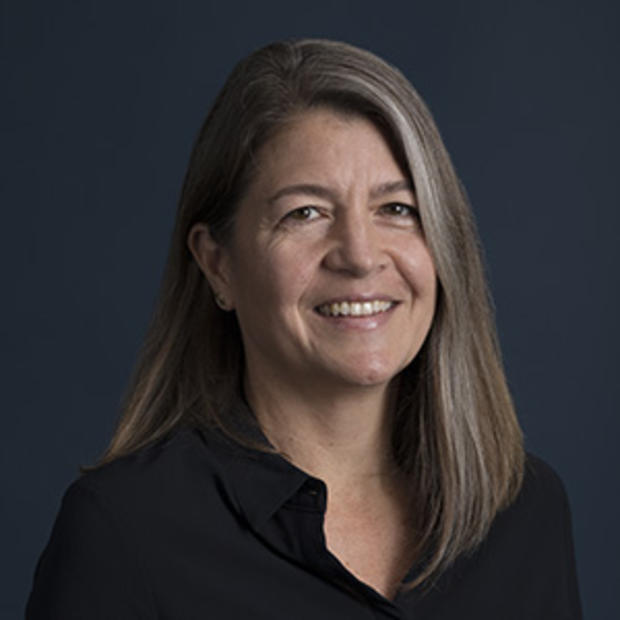This year, the celebration of Japanese Yoshino blossoms feels like an obvious reminder of how much — and how long — our local and national landscape has been enriched by Asian cultural influences. But the horrific shootings in Atlanta last week, combined with the documented rise in anti-Asian hate speech and attacks in the past year, reflect a persistent and dangerous bigotry. My colleague Knute Berger wrote about the Pacific Northwest’s dark history of anti-Asian racism in his Mossback newsletter this week.
ArtSEA: Notes on Northwest Culture is Crosscut’s weekly arts & culture newsletter.
Xenophobia requires a willful ignorance (especially when shouted at Americans told to “go back to” a country where they may never have set foot). Art helps us to see things from a different perspective. As an arts editor, my job is to share the stories of creative people from different backgrounds and reveal how those backgrounds imbue their work and influence Northwest culture.
My hope is that we all learn something from artists — that their work causes some corner of our minds to bloom with new awareness.
Over the past days I’ve been reflecting on the many local artists of Asian descent whose work has enriched my own perspective. I’ve been thinking in particular about female artists (as women have borne the brunt of anti-Asian attacks) who make work addressing heritage, immigration and the struggle against racism, sexism and stereotypes. These contemporary stories rebuke the demographic fallacy that “Asian people” are a monolith and instead, weave vivid threads through Northwest culture.
As a youngster, multimedia artist Monyee Chau hung out at Chau Family Seafood Restaurant in the Chinatown-International District while her grandfather took orders. When anti-Asian stickers started appearing in the neighborhood at the onset of the pandemic, she took action. She created a striking wheat paste poster that said, “Chinatown, Filipinotown, Japantown, Little Saigon were all built on resilience. We will survive this, too.”
Japanese glass artist Fumi Amano, who moved to the U.S. in 2013, makes sculptures from old windows that convey the feeling of being an outsider. In other works, she addresses the sexist stereotypes about Japanese women — and how presumptions differ in Japan and the U.S.
Performance artist and activist Susan Lieu, who grew up as the child of Vietnamese refugees, traveled extensively with her one-woman show, 140 lbs (followed by a 2020 sequel, Over 140 lbs). In it, she tells the story of her mother’s death after plastic surgery (nostril reduction and a tummy tuck), critiques Vietnamese beauty standards and examines her own complicated relationship with food and body image.
Theater artist Sara Porkalob is also known for autobiographical performances — specifically the Dragon Cycle (“Dragon Lady,” “Dragon Mama” and the forthcoming “Dragon Baby”), in which she portrays her Filipina grandmother (a nightclub singer), mother (who moved to a gay commune in Alaska with a young Porkalob) and herself. Porkalob will talk about the Dragon Cycle — and give a preview of Dragon Baby — next month via Intiman Theatre (April 14, 5 p.m.).
A couple years ago, Austin-based artist Beili Liu, who emigrated from rural China, built a stunning installation at MadArt in South Lake Union, addressing the U.S.-Mexican border crisis by way of children’s clothing encased in cement and suspended in time and space. “My work isn’t solving this impossible situation,” she said at the time. “I just want to inspire more conversation.”
In January, poet E.J. Koh’s moving memoir The Magical Language of Others won a Pacific Northwest Book Award. She based the book on 49 letters written by her Korean mother — who sent them to her daughter after leaving the teenaged Koh and her brother in California and returning to South Korea for a well-paying job. Next month Koh will talk with Seattle University professor Sharon Suh about her own chronicle as the daughter of Korean immigrants, Occupy This Body: A Buddhist Memoir (Elliott Bay Books, April 5 at 6 p.m.).
These are just a handful of so many distinct stories that flock together in my mind amid the call to Stop Asian Hate. Which reminds me of one more — Seattle artist Markel Uriu, who in 2019 crafted an installation of some 12,000 paper starlings at Hedreen Gallery as part of an environmental exploration of “invasive species.” Noting that her grandmother was incarcerated in Poston, Arizona, during the World War II internment of Japanese Americans, Uriu said, “In my own family history, there’s been fear of foreignness, of something that doesn’t belong, and that idea continues to be perpetuated.”
Updated to add a late-breaking event: While Seattle Asian Art Museum has not yet reopened since its COVID closure, the organization is welcoming visitors to the museum steps this weekend for a community memorial (March 27 at noon through March 28 at 5 p.m.) honoring the lives lost in the Atlanta shooting. Visitors are welcome to observe a moment of silence and/or leave flowers at the outdoor entry plaza.
Get the latest in local arts and culture
This weekly newsletter brings arts news and cultural events straight to your inbox.

